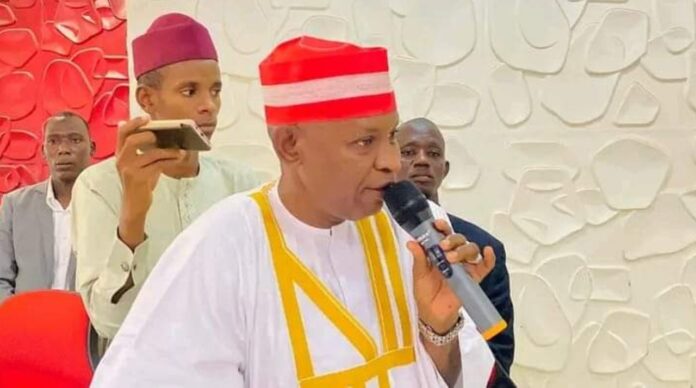In an era where access to education remains a silent currency of power and possibility, Kano State Governor, Alhaji Abba Kabir Yusuf, isn’t just distributing 10,000 free JAMB forms, he’s quietly redrawing the map of opportunity for thousands of young Nigerians.
This isn’t merely about exam registration. This is about permission, permission for children from underserved communities to dream beyond the walls of their classrooms. In a country where the cost of a JAMB form could mean sacrificing a meal, a dream, or a month’s income for some households, this gesture isn’t charity. It’s a recalibration of justice.
What Governor Yusuf has done is insert dignity into access. By taking responsibility for this critical first step in the higher education journey, he is helping students believe they are not forgotten, not invisible. He’s reminding Kano — and perhaps the country — that public office is a platform to remove systemic thorns, not just to supervise structures.
But this gesture also poses a question to other leaders: what if governance wasn’t just about roads and bridges, but about building pathways to ambition? What if equity became measurable not just in budgets, but in how many lives could afford to hope?
These forms are more than paper — they’re passports. Passports to resilience, to reinvention, to a future not defined by poverty, but possibility.
So while the headlines may call it “distribution,” what’s truly being handed out is a quiet revolution.










